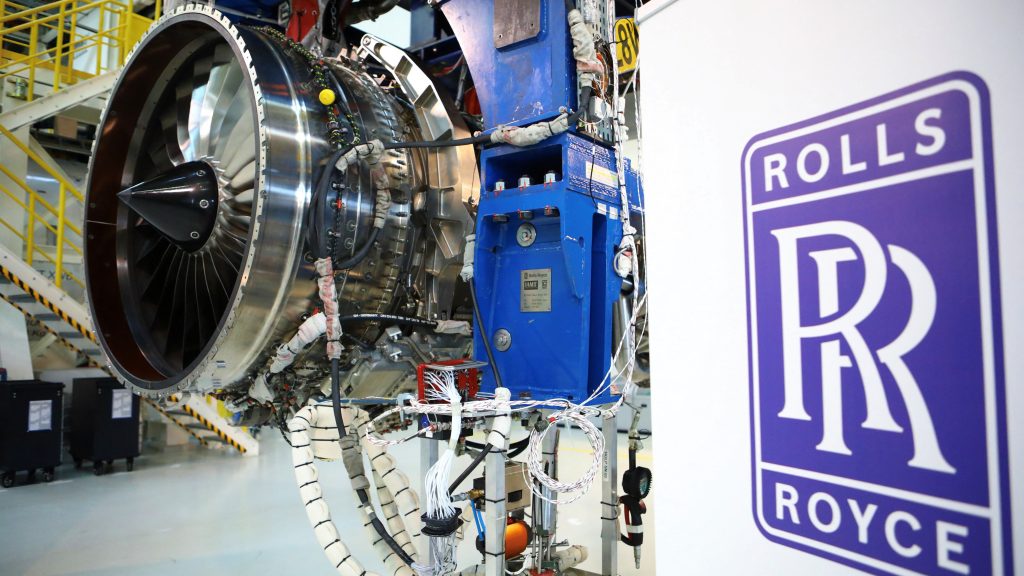Rolls-Royce To Cut Up To 2,500 Roles In Latest Efficiency Drive

Rolls-Royce said on Tuesday it would cut up to 2,500 roles as its new chief executive seeks to build a more efficient business, the latest boss to attempt to revamp one of Britain’s most prestigious engineering companies.
Over the last decade, Rolls-Royce, whose engines and systems are used on the Airbus A350 and Boeing 787 as well as ships, submarines and in power generation, has been through several restructurings, cutting over 13,000 jobs.
Tufan Erginbilgic, who took over in January, is the latest chief executive to try to tackle the company’s inefficiencies. Rolls has long trailed the margins made by GE, its main competitor in the widebody aircraft sector.
In July, his operational improvements helped prompt a profits upgrade and he said there would be more to come.
On Tuesday the company said it planned to shed up to 2,500 roles out of its total staff of 42,000.
“This is another step on our multi-year transformation journey to build a high performing, competitive, resilient and growing Rolls-Royce,” he said.
As part of the new streamlining plan, Rolls-Royce said it would merge its engineering technology and safety groups, and as a result chief technology officer Grazia Vittadini would leave in April 2024.
The plan would also improve the company’s procurement and supply chain management to cut costs, while finance, legal and human resources functions would be brought together across the group, creating synergies, it added.
Erginbilgic’s predecessor Warren East launched two turnaround plans. One in 2020 aimed at surviving the pandemic which slashed 9,000 jobs, and one in 2018 which included 4,600 redundancies.
(Reporting by Sarah Young; Editing by Kate Holton)




